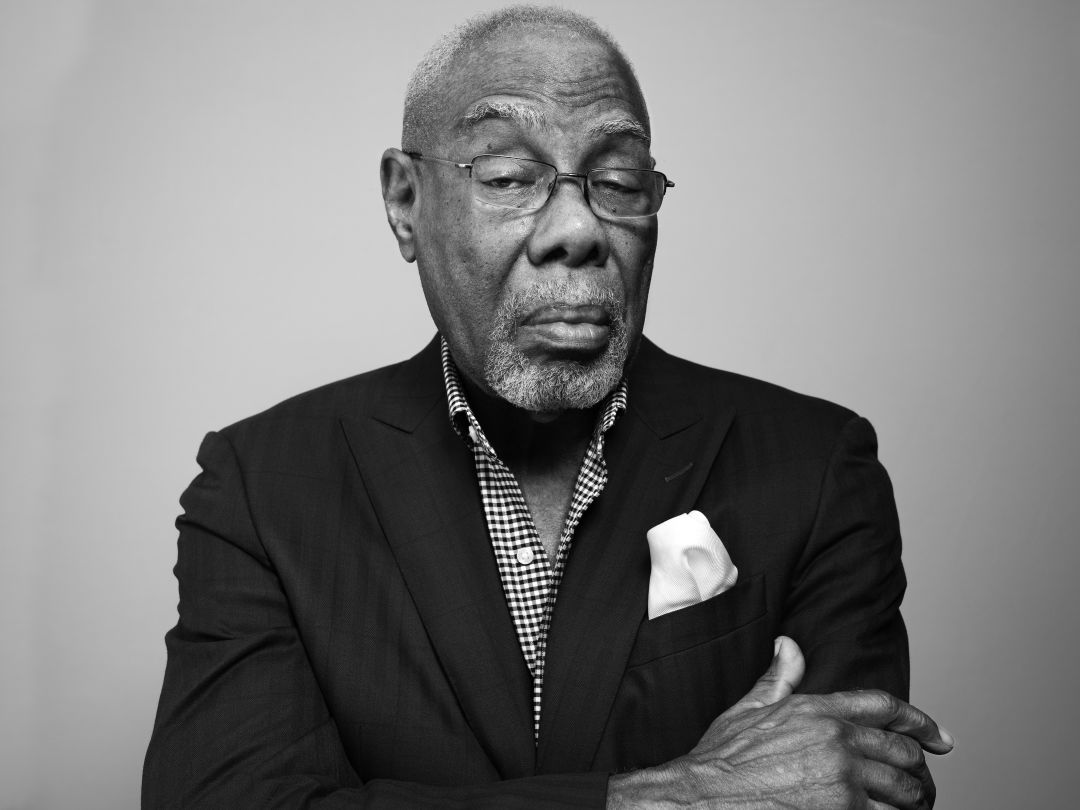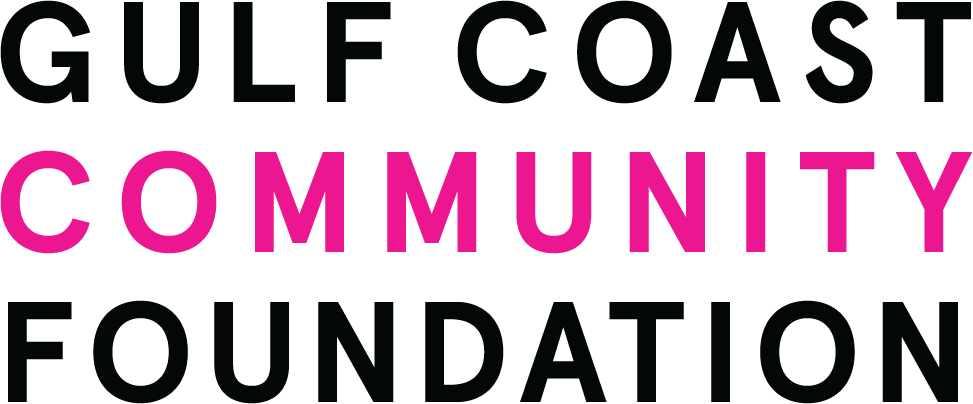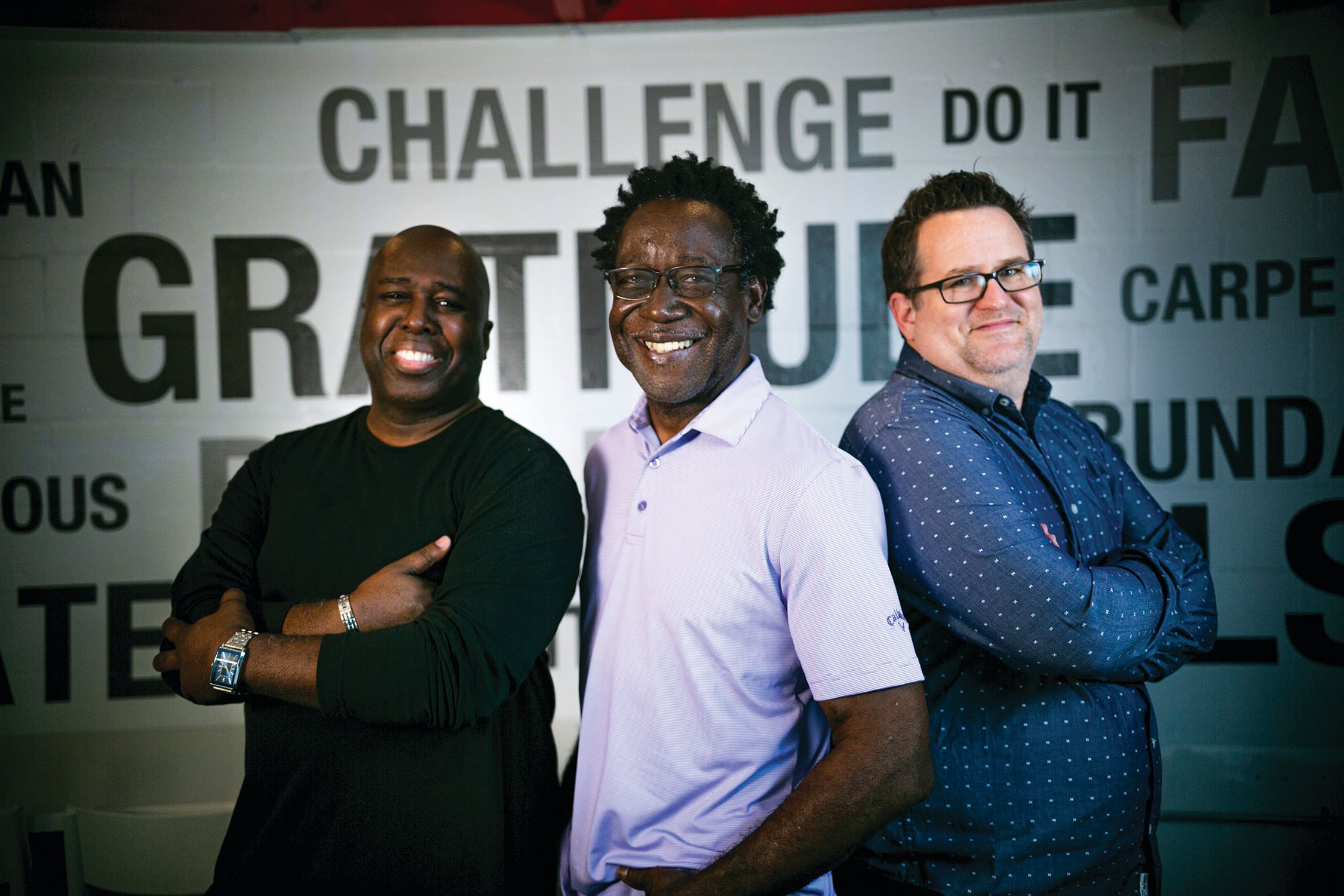Jetson Grimes on Sarasota's Black History and the Importance of Community Activism
This article is part of the series Listening to Diverse Voices, proudly presented by Gulf Coast Community Foundation.

Jetson Grimes
Image: Michael Kinsey
Jetson Grimes has been a Sarasotan all his life. He was born and raised in Newtown, where he’s spent his life as a changemaker and community visionary.
Grimes is the owner of Jetson’s Creative Trends, a salon for men, women and children that has been a Newtown community cornerstone for more than 42 years. That dovetails perfectly with his work as a community organizer. Grimes credits both his trade and his activism to his mentor, Robert "Bud" Thomas, who taught him how to be a barber as well as the importance of community involvement.
Grimes is known in Newtown and beyond as a guiding hand who has a finger on the pulse of Newtown's youth culture, its elders, and the developing social climates within the Black community. This is evident in the leadership roles he's played in bringing important institutions to Newtown, including the Betty J. Johnson North Sarasota Public Library, Sarasota Memorial Hospital's Newtown Internal Medicine Practice and First Home Bank. Grimes also petitioned to make Fredd "Glossie" Atkins Park a more inviting gateway to the community at Martin Luther King Blvd. and U.S. 301.
“Newtown is not just for Black people, it’s for anyone," he explains. "It was never meant to be exclusionary. It’s always needed to be diverse.”
At 82, Grimes has been married to his wife, Raymell, for 59 years and shows no signs of slowing down. You can find him at his salon; at Newtown Historical Gallery, his self-funded and curated Newtown history and local Black art gallery; or working to protect Newtown’s future through his nonprofit, the Greater Newtown Redevelopment Corp., which he founded 23 years ago and which is largely self-funded, aside from key grants, such as one from the Obama administration to refurbish local homes. To date, the organization has also awarded $160,000 in scholarship grants.
What was it like growing up in Sarasota?
“I grew up during a time of racial discrimination. Black people were segregated from rest of Sarasota. We didn’t have ability to go outside of our community to do business, buy needed goods or go to the movies or restaurants. And we rode in the back of the bus. I experienced that."
Tell us more about Black history in Sarasota.
“The first Black settlement in the community was platted in the 1880s and was called Overtown. This area is now the Rosemary District. Newtown was platted in 1914 and existed between two railroad tracks, from Central Avenue to U.S. 301 and from 18th Street to Myrtle Avenue—a little over a mile radius.
“The name was chosen because of migrating Blacks—people who worked in areas from the domestic to the circus to the farms. When asked where they were moving to, they would say, ‘I’m going to a new town.’ It wasn't a name; it was a new geographic area for them. That’s how the character of the community was formed.
“A little-known fact is that, from the 1940s-'70s, Newtown had about 80 thriving Black-owned businesses, which meant that it was self-contained. We had everything, from barber shops to groceries to a filling station to a radio station. With this economy, we were able to sustain ourselves while segregation persisted. A dollar circulated between eight to 10 times in the community.”
Who were your biggest influences?
“That's a combination of my mentor Robert ‘Bud’ Thomas, my aunt and the Newtown community. I worked with Thomas for more than 16 years. He influenced my trade, was a father figure and was active in this community, which he dearly loved. He fought to bring needed resources to Newtown, plus access to amenities in Sarasota.
"For example, he worked to integrate Bobby Jones Golf Course and the beaches, and to get paved streets in Newtown. He always thought of things for kids, too, like giving out Christmas gifts and holding Easter parades. Over the course of my lifetime, I have adopted his qualities."
Tell us about your relationship with your aunt.
“At about one year old, I was taken in by the midwife who delivered me, Madame Brooks, because my mother took sick with tuberculosis and the Black community didn’t have access to healthcare through the hospital. My mother was sent to an institution.
"I lived with Madame Brooks until I was 11, then moved in with my aunt, who lived in Sarasota. She was a domestic entrepreneur with contracts to clean five office buildings. I would go to work with her at 6 a.m., then go to school. She hired Black kids from the community to work with her. I saw how her business gave her a sense of freedom. She got paid and ran it as she wanted. This was all in the back of my head as I was growing up.”
How would you describe Newtown's perseverance through the years?
“Today, Newtown is one of the most recognized Black communities in the country—we survived urban renewal, gentrification, segregation, drugs and the demise of other Black communities. We are still here because the Black community fought for our place as a valuable part of Sarasota.
“For example, during the late 1950s, the community was phasing out our Black schools. We fought to keep our schools open. It took us three years. Now our schools are named after important Black people and our principals are Black. In 1972, we won the right to our first legitimate Black police officer in Sarasota; during the '40s, we had a couple of Black patrolmen, but they didn’t have any power. And in 1985, we fought to get Newtown’s first city representative. We had to take Sarasota federal court to get it done.
“I also fought hard to overcome the negative Newtown perception and those who want to keep us apart. I believe in bringing people together. Everyone is human."
Are there any misrepresentations about Newtown you want to clear up?
“At one point, it was deemed unsafe to come into Newtown, but it is safe here. We work closely with the Sarasota Police Department (SPD) and its chief, Rex Troche, who is very involved. We also encourage the officers to get out of their cars, so they can be seen and the community can get to know them. I’m out here every day. Crime is low, and if something were to happen with crime or drugs in Newtown, the SPD would let me know. It’s a safe community.
“We also hold a workshop every three months in my salon [with the police]. The community gets an update on everything from city issues to youth basketball and baseball leagues. It’s also a great way for our young people to connect with the police and see that they are here to serve the community.”
Are you optimistic about Newtown's future?
“I’m very optimistic about the community here. I see promise. We will continue to keep this community alive. Like those who came before who passed it on me, I will pass it on to the next generation. We understand how to keep it prospering.
“It takes vision to move an inner-city community forward. The long game is to make Newtown a destination. The short game is to not let our progress get away from us—a battle we still fight today.
“Sarasota is a destination city—think about St. Armands Circle, and the plentiful art and museums. In Newtown, tourists and visitors can experience good music, Southern and soul food, and the history and art of the Black community. That creates another economic resource that will draw other businesses to invest here. Then we will prosper for the future.”
What would you like your white friends or acquaintances to be doing right now?
“I’d like to see them come into Newtown and participate, patronize our businesses, be visible in the community and join in on one of our workshops. Just give me a call at the salon and I’ll give you all the details.
“Let’s also find a way to invite people to share their experiences, especially those experiences that may be hard for whites to understand. Take segregated schools. Whites had the better schools and everything that goes with that. Their old books and athletic equipment were passed down because Black schools did not get the money that they did.
“I remember when the news media was segregated never got our stories out. Now, I’d love to turn on my TV and see more than light-skinned Black people. Give me the darkest, beautiful Black girl with kinky hair and I’d be happy. That’s making diversity visible and creating a truly integrated society.”
Listening to Black Voices is a series created by Heather Dunhill




